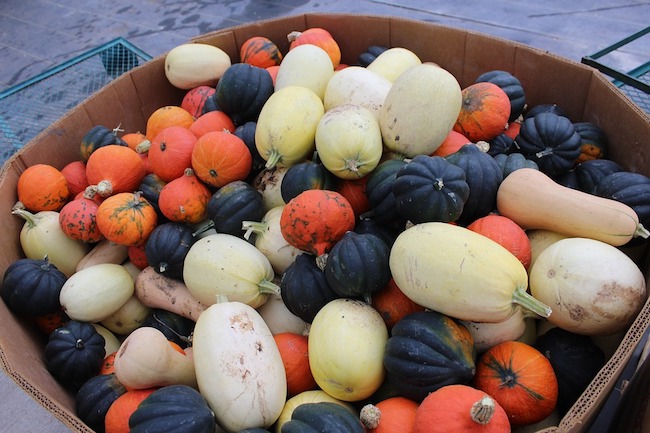5 Long-Lasting Superfoods To Keep You Healthy All Winter by: Susan Patterson for Off The Grid News
Consuming seasonal superfoods – that is, foods that are nutrient-rich — strengthens your immune system so you can fight off those nagging colds and be at the top of your game no matter what life throws at you.
Here are five winter superfoods that you should consider adding to your list. Even better, they will store for weeks or months:
1. Root vegetables
Vegetables such as parsnips, celery, carrots, beets and turnips all grow under the ground, where they can take in nutrients from the soil. These high-fiber vegetables are truly versatile and can be added to soups or stews, or stir fried and even made into tasty chips (a great alternative to the potato chips you buy in the store). My whole family enjoys these root chips!
Research has even demonstrated that a compound found in raw carrots may inhibit the formation of breast cancer.
2. Winter squash
Squash and colder weather just sort of go together, don’t they? But rather than just using these beautiful veggies to adorn your front doorstep, why not consider adding them to your diet?
Antioxidants found in squash can help to reduce inflammation — good news if you suffer from achy joints. Just one serving of butternut squash has 35 percent of the recommended daily amount of vitamin C. The high amount of beta-carotene and omega-3 in squash helps keep your skin looking radiant and young all winter long.
3. Cabbage
Both red and green cabbage are loaded with vitamin K and anthocyanins that improve both mental function and concentration. Also, both of these nutrients help to guard against dementia and Alzheimer’s, and they prevent nerve damage. Cabbage is also high in potassium that regulates blood pressure. The vitamin C and sulfur in cabbage helps to get rid of free radicals and uric acid – the main culprits of gout, arthritis, skin conditions and rheumatism.
Cabbage can be eaten raw, juiced, sauteed, roasted or included in soups, salads or stews.




